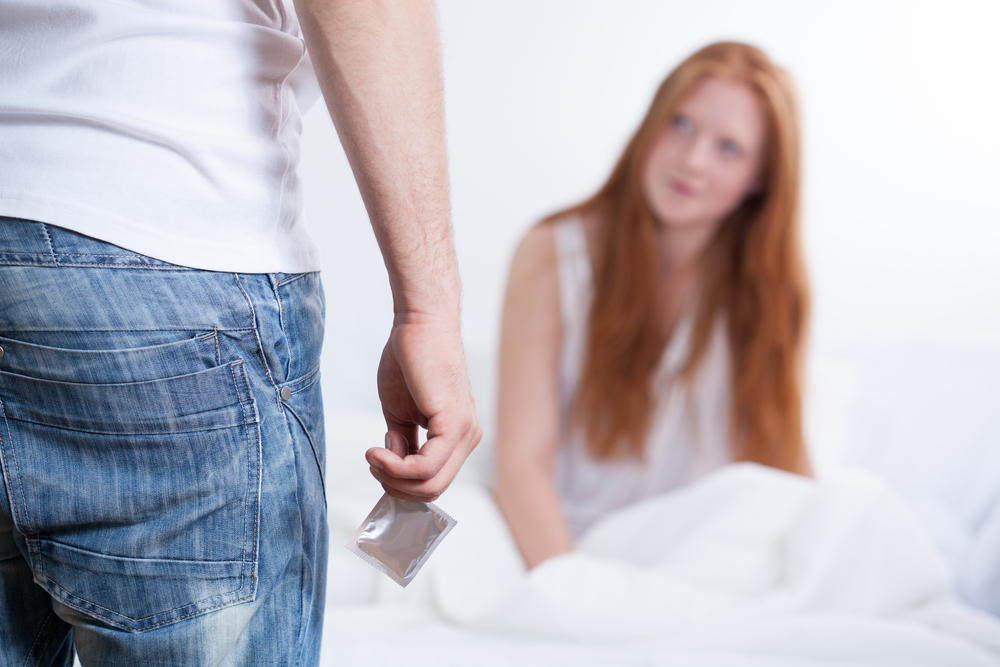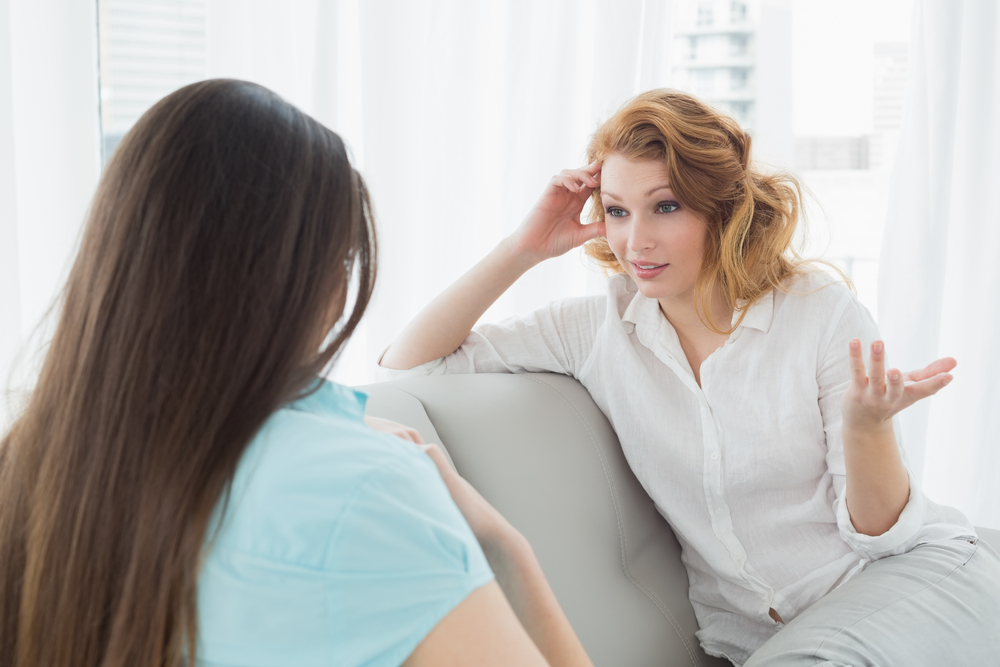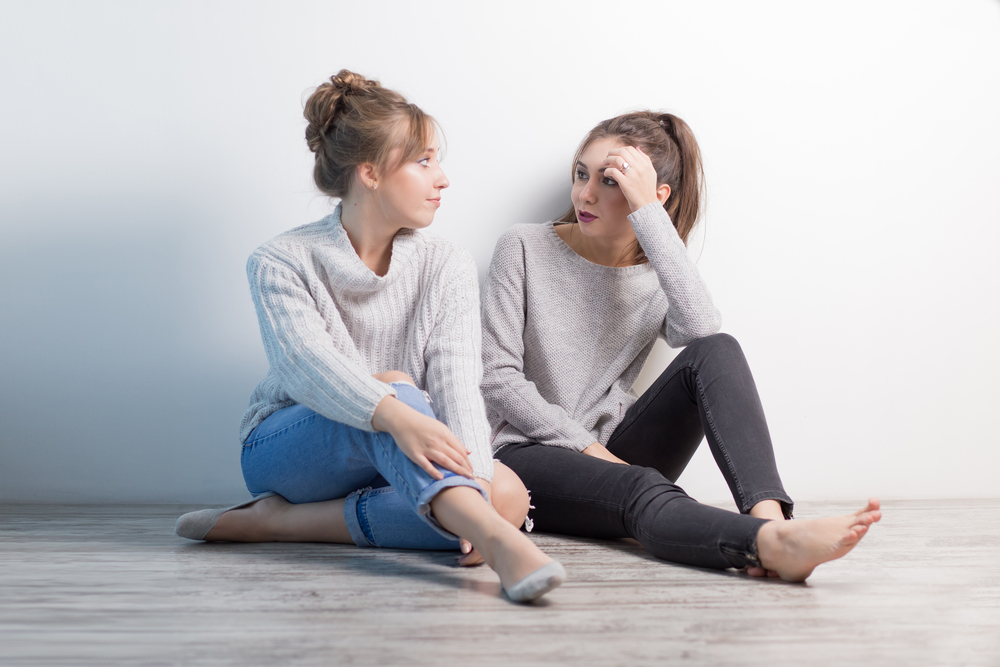Losing your virginity, or having sex for the very first time, is often a major milestone for many.
Whether you’ve planned to lose your virginity at a special time or if it happens spontaneously, you will more than likely remember losing your virginity for the rest of your life.
The average age for someone to lose their virginity in the United States is currently 18, although there are often many factors at play.
Table of Contents
The average age to lose your virginity in the US

This varies by country. However, in the US, it is most common for people to lose their virginity around the age of 18.
Countries with similar ages in which people tend to lose their virginity include Canada, at 18.1 years of age, and Australia, with an average age of 17.9.
In which countries do people lose their virginity when they are older?
Eastern Asian countries tend to skew older in terms of losing their virginity, with the average age of Malaysians losing their virginity around 23.
For those in India, 22.9 is the average age to lose your virginity; with Singapore following closely behind at 22.8. China (22.1), Hong Kong (20.2), and Thailand (20.5) also fall in this bracket, as they typically lose their virginity once they are out of their teen years.
In which countries do people lose their virginity when they are younger?

According to ChartsBin, Nordic countries tend to skew the youngest in terms of losing virginity and having sex for the first time.
For instance, Iceland has one of the lowest average ages of losing one’s virginity, at 15.6 years of age.
Other countries that skew young when it comes to losing virginity include:
- Denmark (16.1)
- Sweden (16.2)
- Norway (16.5)
- Finland (16.5)
In which countries do people lose their virginity first?
On average, people in Iceland lose their virginity younger than those in other countries, with the average age being 15.6.
Is it normal to lose your virginity when you are younger?
This will depend on where you live as well as your own upbringing and spiritual or religious beliefs.
It is also important to note that the age of consent can play a major role in how young individuals become sexually active.
In Iceland, the current age of consent is 15, which is fitting as the average individual loses their virginity at around 15.6 years of age in the region.
The importance and significance of virginity around the world

In many countries around the world, it is not uncommon to lose your virginity before you are married, depending on religious beliefs.
However, for some, it is preferable to wait to lose their virginity only once they are bound together in marriage.
For those who follow various religious or spiritual practices, virginity may hold a special place in your mind and heart.
Many spiritual beliefs and religions take sexual intimacy and virginity seriously, as it is believed that intimacy with another is a spiritual act and must be protected at all costs.
For those who believe in the sanctity of marriage and follow strict religious rules, saving their virginity for marriage is not uncommon, and is much more likely than losing one’s virginity before committing to a partner.
How to know if you are ready to lose your virginity
Knowing if you are ready to lose your virginity is not as simple as yes or no, as there are often many factors at play that must be considered.
When thinking of your virginity, it is important to assess how you feel.
If you feel nervous, ashamed, embarrassed, or uncomfortable, it is best to familiarize yourself with your body as well as the concept of losing your virginity before you begin seeking out the right partner.
However, if you are in a committed relationship, in love, and both partners are of consenting age, you may feel that you are ready and that it is just right.
When you are pondering the idea of losing your virginity, it is essential to consider your own feelings and intuition, as this can help to guide you along the right path.
Is it bad to be a virgin?

No, it is not bad to be a virgin. Being a virgin is not a reflection of one’s character or who you are as an individual.
Can you tell if someone is a virgin?
No, it is not possible to tell if someone is a virgin just by looking at them.
The physical effects of losing your virginity
When a woman loses her virginity, her hymen tissue is typically opened or stretched, which can cause discomfort, pain, and mild bleeding the first time she has sex.
When a man loses his virginity, there are no changes that occur to the body physically, other than experiencing orgasm if he has not done so yet.
What if you don’t have a hymen?

Women may have sex for the first time without much pain or bleeding, especially if their hymen is no longer intact.
This is not uncommon, as women can tear their hymen while horseback riding, participating in gymnastics, or even playing a majorly physical sport of any kind.
Some women are also born without a hymen intact or a hymen that is already opened, which can reduce pain and bleeding when having sex for the first time.
Choosing to stay a virgin
You should stay a virgin as long as you are comfortable or until you feel ready with the right partner or spouse.
Remaining a virgin is not shameful and may be a source of comfort, especially if you are not ready to open up to others or become sexually active.
When you are ready, you will know by listening to your gut instincts.
There is no one indicator to tell you that you are ready to lose your virginity. Instead, you will need to listen to your inner voice to determine if the time is right for you.
As always, if you are thinking of losing your virginity, it is important to ensure that both you and your partner are of legal consenting age.
Will people think it’s weird that I am a virgin, even after I am in my 20s, 30s, or older?

Depending on where you live, your upbringing, and your surroundings, some may find it strange that others are virgins later in life.
However, in various cultures around the world, it is perfectly normal to remain a virgin as long as one desires or until you are met with the right partner.
If you are made to feel uncomfortable by friends or those in your life due to being a virgin, it may be best to seek the company of others who respect your choice.
Discussing your virginity openly with someone you trust
If you want to discuss your virginity with someone, you should do so only with those you wholeheartedly trust.
If you have a parent you can open up to and you are of the age of consent, it is best to confide in them or another legal guardian you trust in.
If you are an adult, talking to your best friend about your virginity should provide you with a release, not feelings of shame or embarrassment.
Talking about your virginity

If you are a virgin, no matter your age, it is normal to think about your virginity and the potential of becoming sexually intimate with another.
People are social creatures by nature, and human beings are designed with procreation in mind, so it is not odd to think about losing your virginity or having sex if you have not yet done so, even if you are in your 20s, 30s, and beyond.
Finding the right partner if you are saving your virginity
Dating in today’s world can be extremely exhausting, even at just the thought of it.
With decision paralysis at a maximum and endless swiping, the concept of finding love and someone you can truly count on seems distant and far away these days.
However, if you are serious about finding a partner who is not only right for you but also accepting your decision to remain a virgin, you may need to expand your reach beyond dating apps and online sites.
Some tips to keep in mind if you are thinking of dating but want to find a partner who is welcoming of your virginity include:
- Use dating sites that are geared towards those interested in commitment, marriage, or long-term relationships.
- Avoid hookup apps such as Tinder if you are thinking of a serious relationship or if you intend to remain a virgin until you are married or ready.
- Seek to meet a partner organically, or with an organized meetup group that is relevant to you saving your virginity or your spiritual/religious beliefs.
- Attempt to get to know potential partners through friends who know you best, as they may be able to introduce you to a partner who is respectful and trusting.
You should never be with someone who pressures you to lose your virginity, even if you love them.
If saving your virginity is important to you, find a partner who respects that and will stand by you until you are ready.
Will losing my virginity feel differently if I choose to wait?

No, losing your virginity will not feel any different physically if you choose to wait longer than your nation or region’s average age.
Even if you choose to lose your virginity in your 30s or 40s, it will feel the same on a physical level.
You may, however, feel differently emotionally after having sex for the first time depending on your age as well as the circumstances surrounding the loss of your virginity.
If you are in a long-term committed relationship or if you are married and having sex for the first time, you are likely to feel much different than if you are having casual sex in your late teens.
You may feel more emotional, or you may feel that the experience is extremely significant if you choose to wait to lose your virginity, depending on your beliefs and personal outlook.
Will losing my virginity cause partners to view me differently?
Losing your virginity should not cause a potential future partner to look at you or view you any differently.
If you are devoutly religious or tied to your spiritual beliefs of saving your virginity for marriage, you may find yourself struggling to find a partner who is accepting of your decisions, especially if you do date outside of your community.
However, in most instances, partners will not judge you for losing your virginity, as it is typically considered a natural part of life.
If your partner is shaming or judging you for losing your virginity, it may be time to consider a new partner.




